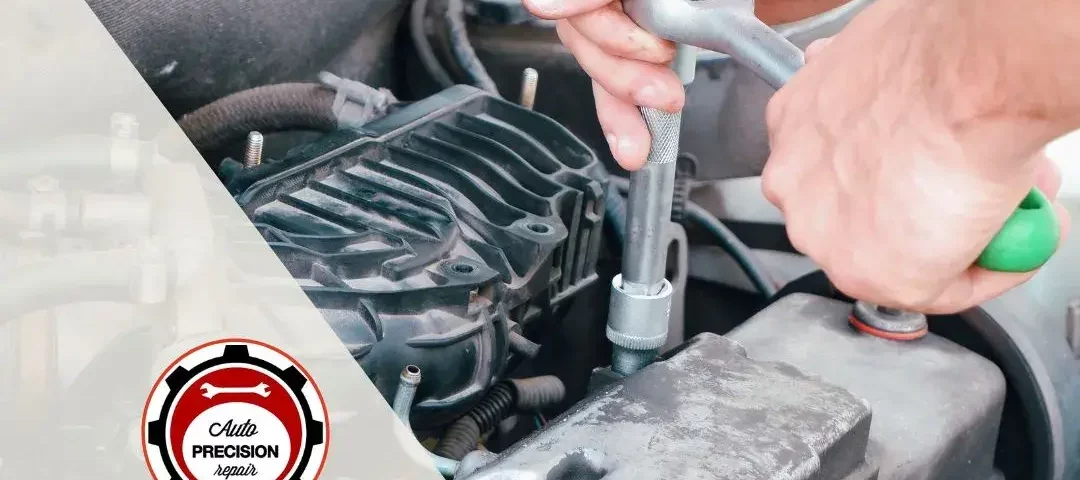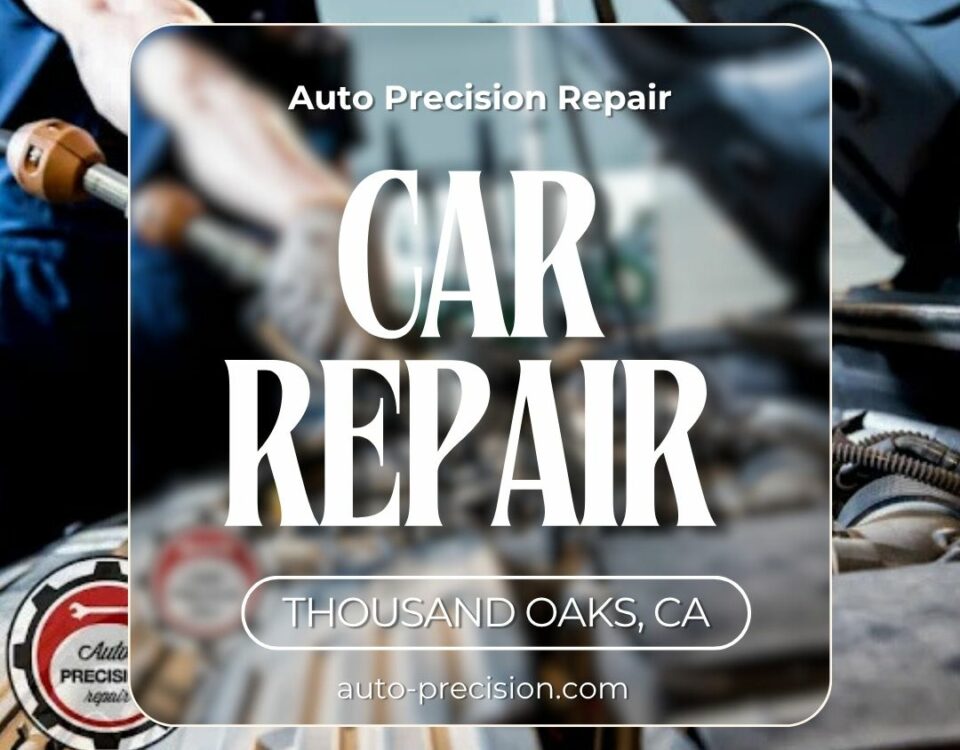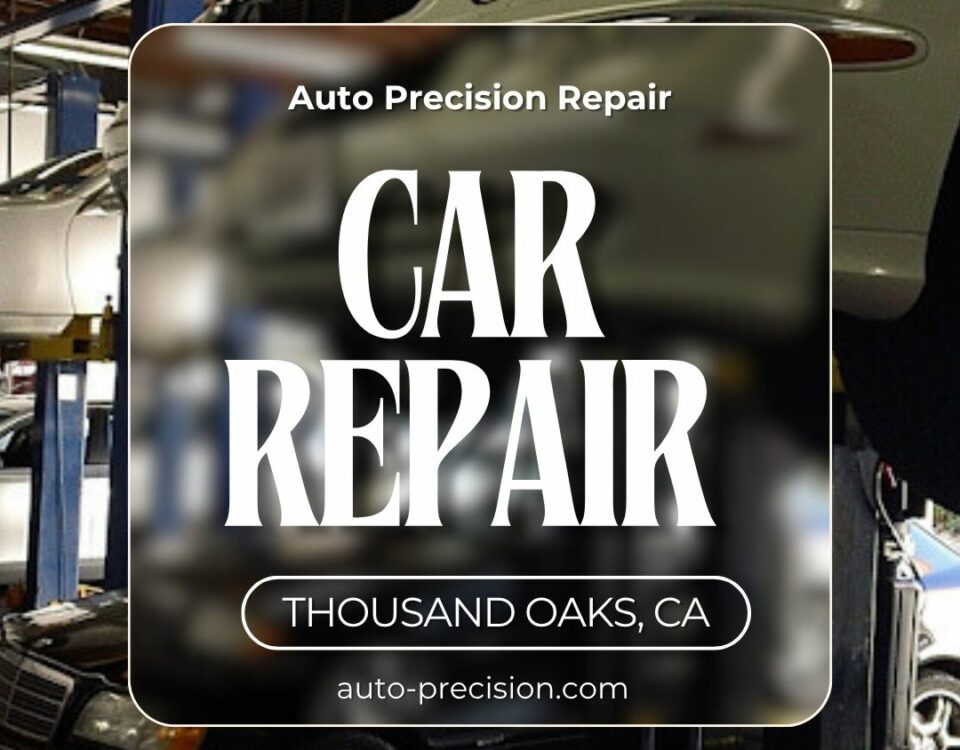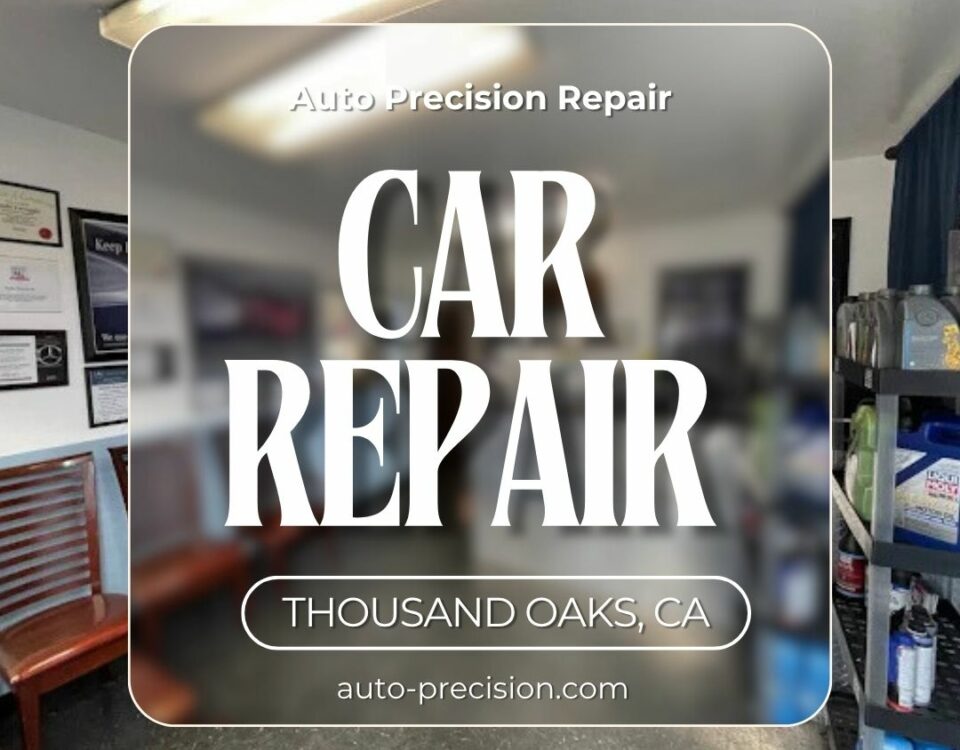
Oil Change Process: How Often Should You Change Your Oil?
October 17, 2024
Top 10 Must-Have Tools for DIY Car Repair
November 6, 2024In the realm of car repair, the importance of having a meticulously curated set of tools cannot be overstated. Essential equipment such as combination wrenches, ratchet and socket sets, and precision screwdrivers form the backbone of any garage, facilitating efficient handling of diverse fasteners. Equally indispensable are diagnostic tools like OBD-II scanners and multimeters, which empower enthusiasts to decode complex vehicular issues with accuracy. However, the true distinction between a hobbyist and a seasoned repair enthusiast lies in their attention to safety and precision. But what other crucial elements could elevate your automotive workspace to a professional standard?
Basic Hand Tools for Car Repair
When embarking on any car repair endeavor, the foundation lies in having a reliable set of basic hand tools. These fundamental implements are indispensable for both novice enthusiasts and seasoned professionals alike, ensuring that each task is approached with precision and efficiency.
A quality set of combination wrenches, ranging from 6mm to 19mm, is crucial for tackling various nuts and bolts. Equally essential are a set of screwdrivers, both flathead and Phillips, to accommodate diverse fastening needs.
For tasks requiring precision, needle-nose pliers provide the necessary grip and reach, especially in confined spaces.
A ratchet and socket set, ideally metric and SAE, is invaluable for tightening and loosening fasteners with speed and accuracy. Additionally, a torque wrench should not be overlooked; it is vital for applying the correct amount of force, preventing over-tightening and potential damage.
Attention to detail extends to safety equipment. Protective gloves and safety goggles guard against injury during repairs. Moreover, a sturdy jack and jack stands are non-negotiable for any work beneath the vehicle, ensuring stability and security. Having these basic hand tools forms a solid foundation for any automotive repair venture.
Advanced Diagnostic Equipment
While a robust set of basic hand tools lays the groundwork for automotive repair, advanced diagnostic equipment elevates the ability to troubleshoot and resolve complex vehicle issues efficiently. In contemporary automotive systems, sophisticated onboard electronics necessitate equally sophisticated diagnostic tools. These advanced devices empower enthusiasts to decode intricate systems with precision and confidence, fostering a sense of mastery over technology.
One essential piece of equipment is the OBD-II scanner, which interfaces seamlessly with a vehicle’s onboard computer. This tool provides real-time data and trouble codes, allowing for informed decision-making. High-quality OBD-II scanners not only read codes but also offer bi-directional control and live data streaming, enabling in-depth analysis of engine performance and emission systems.
Additionally, a multimeter is indispensable for electrical diagnostics. This versatile instrument measures voltage, current, and resistance, ensuring accurate assessments of a vehicle’s electrical components.
For more refined diagnostics, an oscilloscope offers detailed waveform analysis, crucial for advanced troubleshooting of sensors and actuators.
In the realm of car repair, possessing a comprehensive arsenal of tools is akin to wielding Excalibur in the quest for mechanical mastery. Basic hand tools, such as wrenches, screwdrivers, and pliers, form the foundation of this collection, while advanced diagnostic equipment, including OBD-II scanners and multimeters, provides the clarity of an oracle. Together, these instruments empower enthusiasts to unravel vehicular mysteries, ensuring safety and precision in their mechanical endeavors, much like a modern-day Da Vinci at work.





